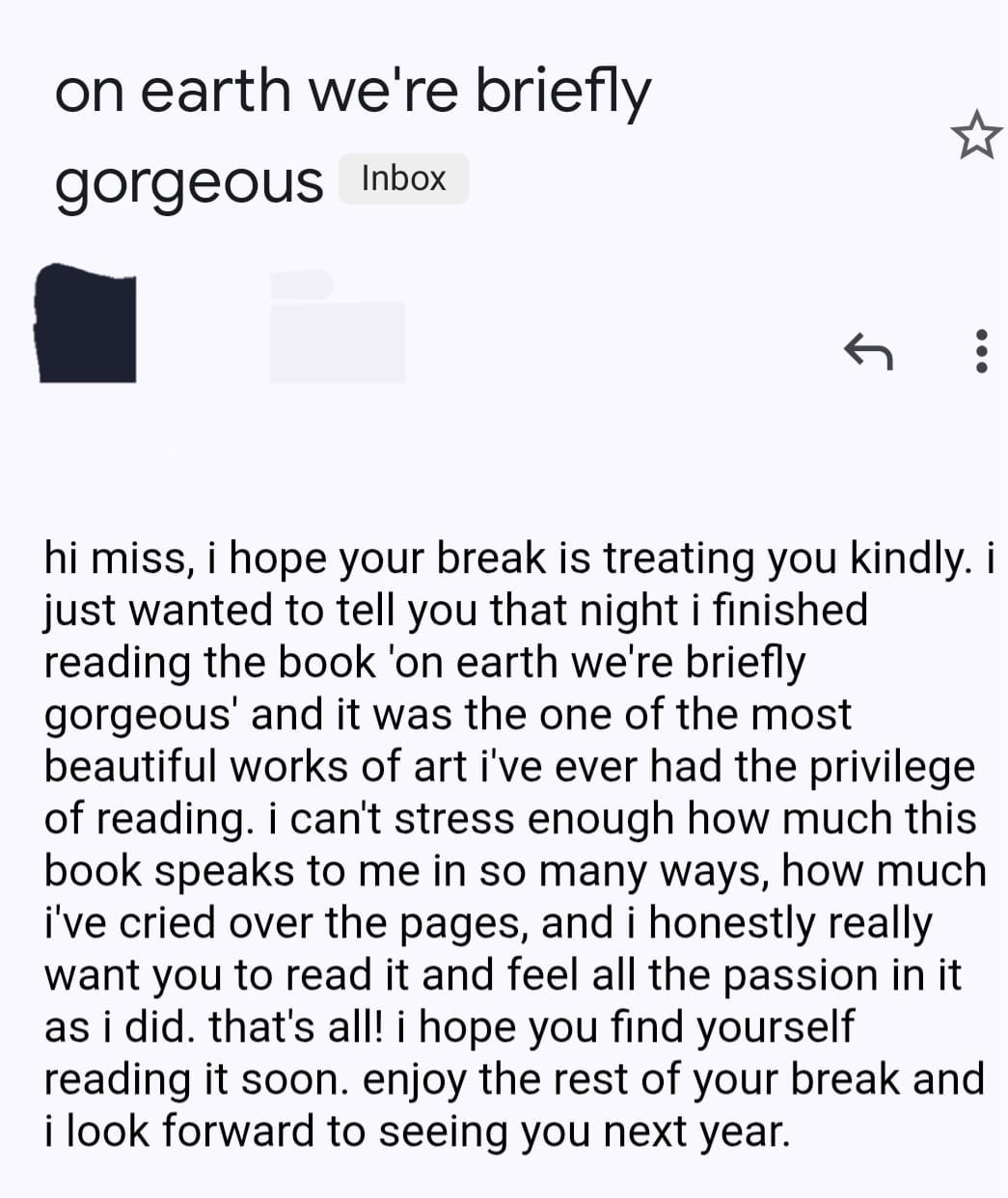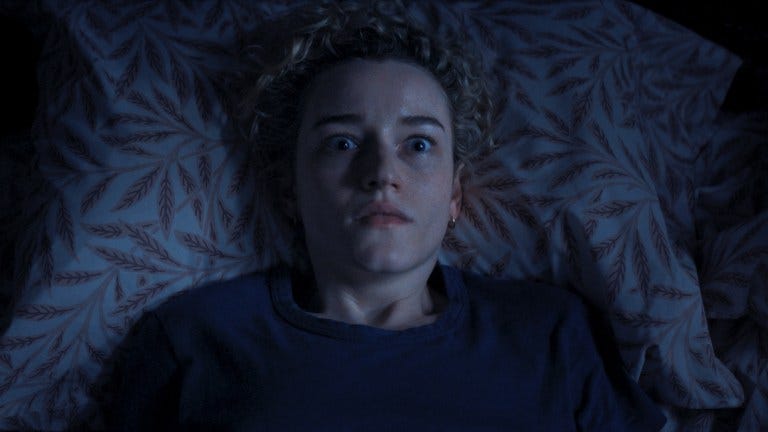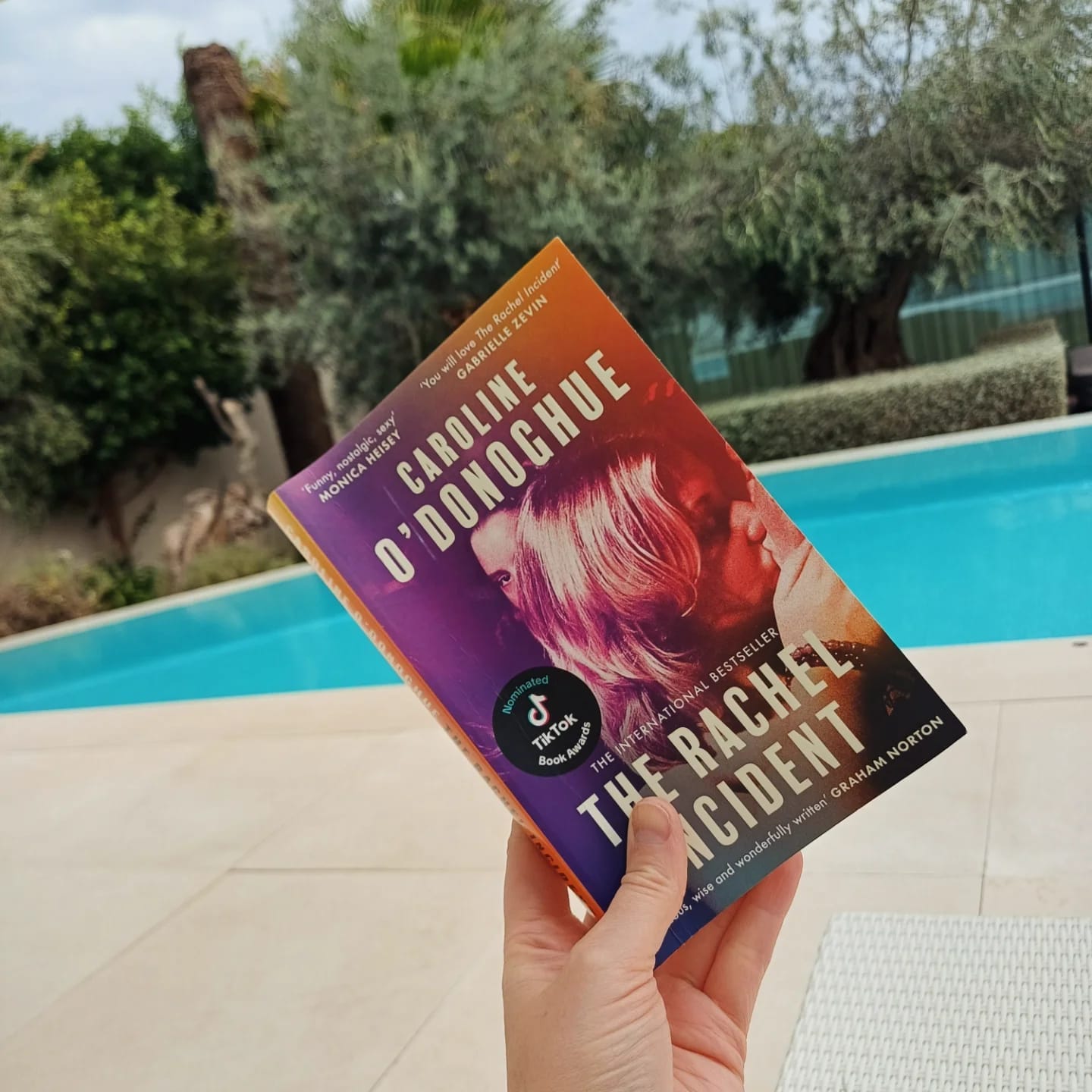Preparing to be Read
On Ocean Vuong, teacher's pets and subjectivity
I had the idea for this newsletter focus after reading a phenomenal Substack The Backlash Against Ocean Vuong by Linda Caroll and honestly, until just now, I had no idea about the vitriol he’d faced recently for his catalogue of work. I’ve not even read his novels, despite a recent plea from one of students.
In 2019 his first novel On Earth, We’re Briefly Gorgeous garnered such a staggering list of literary accolades (National Book Award nominee. Best book of the year by The New Yorker, The Guardian and many more), you’d be mistaken for assuming he was set for life. He sold over a million books for God’s sake. A million!
If I sold a few thousand I’d consider it a success. And yet, in 2025 Important Literary People are rising from the great depths of ‘wisdom and taste’ to retrospectively tear his debut alongside his recent offering The Emperor of Gladness apart, claiming an excess of ‘poetry’ and not enough ‘depth’ as a recurring outcry against his success. Some have taken to dissecting his work, line by line, and ‘correcting it.’ It all sounds like sour grapes to me.
If we criticise a book and its author having never written one ourselves, having not torn the still beating thing from our chest and, with the vulnerability of a mewing newborn, sent it out into the world, you’ve got to approach your response to the thing with the care and consideration it deserves. Are we all going to love every book published? Hell no. There is plenty of genre fiction that isn’t for me. If I read a book and it doesn’t align with what I typically enjoy, will I feel the need to publicly tear it down? Never. It’s not a good look. It’s not kind. It feels entirely like adding to the hellfire of the world, fanning its already staggering flames.
How much objectivity can we have with fiction anyway? If I had a pound for every time a rejection slip told me their lack of enthusiasm for my work was ‘subjective’, I’d have over a hundred pounds maybe, enough to take myself and my partner out for a fancy dinner. That infamous line in rejection emails is meant to be comforting, a: It’s not for me but it could be for someone else – keep trying. So why come down so hard on a book when it’s for someone else and just not you?
All of this got me thinking: how will I feel when I face a bad review for the first time? Some people go to great lengths to bypass seeing them. A writer pal told me their partner has created some technological feat that filters out the worst of the reviews, so she doesn’t have to see them. A tempting proposition indeed. Whilst I haven’t decided if I’ll go to similar lengths, I already know that I’m a people pleaser, a teacher’s pet. I’ve had thirty-five years to learn this about myself.
All throughout the editing process I’ve agonised over pleasing my editor, and before that my agent. I respect these professionals and don’t want to waste their time. When my editor emailed to say she was ‘really happy with the changes!’ (exclamation point and all!!), and then later, thanked me ‘for being so brilliant to work with and for writing such an exciting book!’ I squealed will glee, knowing I had done the thing well and pleased the person I was collaborating with. I am a total slut for positive reinforcement, it seems. All of this suggests I will crumble apart at the faintest whiff of criticism. Maybe. But I’ve just written about a best seller, million-copies sold phenomenon and the haters swarming upon him and his work. It’s all subjective, baby! Maybe I’ll get that tattooed so it’s always within eyeshot. Because let’s face it: haters gonna hate.
I thought it would be deliciously fun to end on a list of the things readers might not like about my book (but that they may also LOVE):
My protagonist is spiky and sometimes unruly (in other words, she grows into her power);
Her moral compass is, at times, jeopardised and she acts selfishly (some might say she’s earnt it);
A Healthy Appetite is written in first person. It’s EMO (and heartfelt; honest about the cost of late-stage illness);
It isn’t uplifting and obviously escapist (but isn’t all fiction in some way ‘escapist’ anyway? My book let’s you body jump into a life that isn’t yours. It’s speculative, at times horrific, thrilling in ways that your life won’t be. Here’s hoping!);
There are triggering themes like hospital treatments, terminal illness and death (we can run, but we can’t hide. Eventually we need to learn about navigating this shit as mere morals, so why not start now!!?)
OK…I am sure there are a hundred other reasons it might not be for you, but if you read it and hate it as much as certain critics hated on Ocean Vuong, maybe consider quietly DNFing it. You can keep your scathing Instagram post, thank you very much!
In all seriousness, what I’ve taken from all of this is that the world could use a lot more kindness. So maybe I won’t actively seek out reviews. The good ones that find me will be enough. You can tag me in those.
– K x
Screen Saver 🎬
What I'm Watching
Weapons (Dir: Zach Creggar, 2025)
Weapons (2025), directed by Zach Cregger is so fabulously creepy, so drenched in tension, I forgot I was at the cinema, and that the gaggle to my right were talking the whole way through.
I watched his previous offering Barbarian, the Airbnb horror, gleefully three years ago and was thrilled to hear he’d done it again. Weapons is a multiple POV narrative that slips seamlessly between each character’s contribution and leaves no crumbs. I felt like God, with an omniscient eye, watching, mouth-agape, the horrors below.
Cregger wrote the movie in the wake of a close friend’s death and experienced a kind of catharsis through it. If you’re interesting in attaching context to art, then you might be interested to know there’s some biographical elements too – an ode to a troubled childhood. Beyond this though, the movie’s premise pays off. A whole class of kids bar one flee into the night. Every one of them, in the same peculiar fashion, run away from home. What follows, are the townsfolk’s attempts at unravelling the mystery.
There are no spoilers here, so I can’t write anything about the character who pops up later and is a total scene-stealer. There are talks of a prequel about said character, and honestly, I would eat that up.
Was it worth the bidding war? I’d say so. I want more. My partner wants more. Those that say otherwise don’t like bloody good fun.
5 ☆☆☆☆☆
Poolside Reads 📚
The BEST books to read on holiday from the archive...
A rundown of the books I read over the summer holidays:
Misinterpretation by Ledia Xhoga is up for the Booker this year, but on radar before because of its killer cover by Luke Bird! My 5 🌟 read of the summer! A beautiful, melancholic meditation on the boundary between home/land and self. I loved this divine exploration of the role of interpreting set against the cost of compassion on marriage and security. It's literary, sure, but skillfully propulsive. Start here if you're curious about the Booker Longlist!
Tales From The Café, the second instalment in the series, does much of the same as the first did: catapult people back in time for one last encounter with a lost love one. It didn't offer anything new in this sense, but it was touching and, as before, a beautiful exploration of the impact love has over time.
The Rachel Incident is my first O'Donoghue, but it won't be the last. An original exploration of obsession, first love and friendship that had me gleeful at the switch-up on the tired 'in love with a professor' tale.
Boy Parts has been reviewed a lot, so I'll keep it brief: killer plot, lots of nastiness i loved, and a refreshing take on gender/power imbalances. A super accomplished debut!
All Fours was a brilliant razor-sharp meditation on entering the so-called second half of a woman's life, full of desire and sex and introspection. I loved parts 1 and 2. Three less so, but overall, a vital addition to my bookshelf.
Thirsty Animals by Rachelle Atalla has been on my radar for yonks! I adored the choice of setting: Scotland in the throes of a terrible drought and the implications for humanity, nature and land. At times heart-breaking, the private is political rings true here. A really worthwhile climate novel that sits well alongside the recently read 'Send Flowers'.
As always, my reviews are just that: subjective – none of this is scientific.






